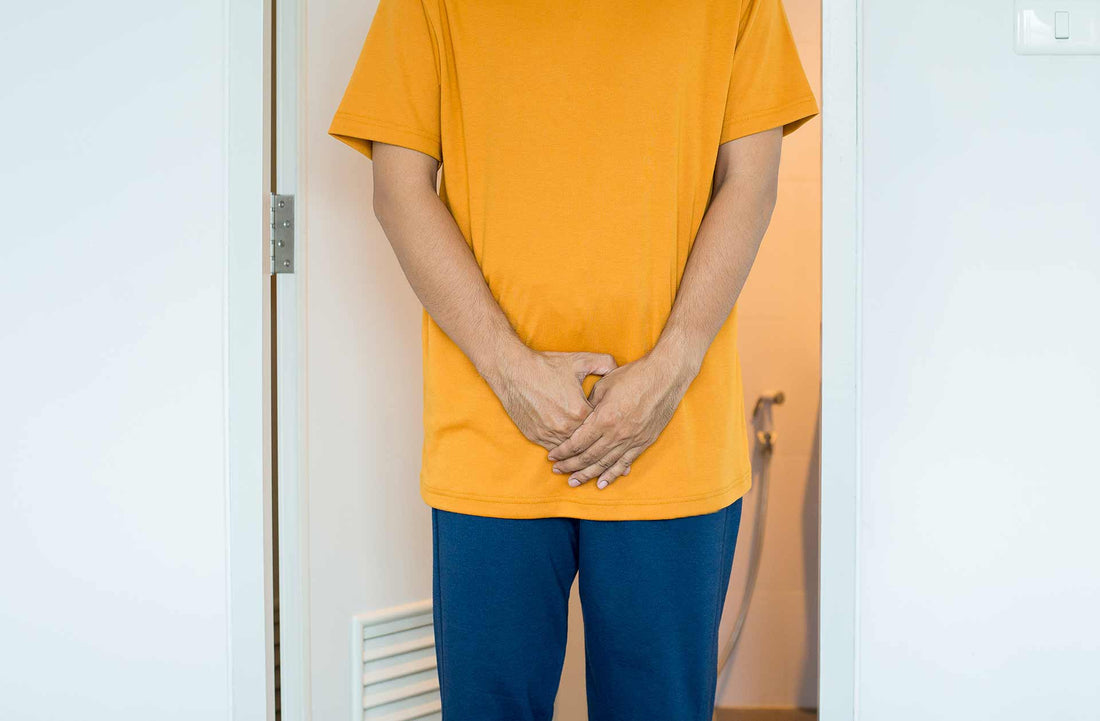With a long-term success rate of over 99%, vasectomies are one of the most effective methods of birth control. However, no method is completely foolproof, and there are cases where a pregnancy occurs, even after a vasectomy. In this article, we answer the question of fertility after the ‘little snip’ as well as your options to reverse a vasectomy for those who change their mind about building a family.
What happens in a vasectomy?
A vasectomy is a surgical procedure done by a urologist where the two tubes that carry sperm from the testicles to the urethra, known as the vas deferens, are cut and sealed. The body will still produce sperm, but with the tubes closed off, the sperm won’t reach the semen and the ejaculate is free from sperm.
Recovery from a vasectomy is straightforward and most men are back to work after 2 to 3 days.
How effective is a vasectomy at preventing pregnancy?
Vasectomies are very effective at preventing pregnancy, however, as noted by , you’ll still need to be careful. Sperm count decreases gradually after a vasectomy, so theoretically your partner can still fall pregnant in the days following the procedure. Doctors recommend using an alternative method of birth control in the first few weeks following the procedure. Your urologist will retest your semen after around 8 weeks to ensure there’s no sperm left in the semen. It normally takes around 20 post-vasectomy for the semen to be completely free of sperm.
Pregnancy after a vasectomy
It’s ok if you change your mind about pregnancy following a vasectomy. As explained by the (ASRM), you have two options: (i) a vasectomy reversal or (ii) sperm aspiration and in vitro fertilization (IVF). Your doctor will help you choose the best option for you, depending on how long it’s been since you had your vasectomy, your age, the number of children you want, and how quickly you want to conceive. You will also need to consider the cost element as IVF can be expensive.
How quickly can we get pregnant after a vasectomy reversal?
On average, it can take up from six months to a year to get pregnant after a vasectomy reversal. The timing depends on the type of vasectomy repair you needed, how long it takes for sperm to return to your ejaculate, and whether there are any other fertility issues, both at your end and
your partner’s.
Determining Fertility after a Vasectomy
It’s best to consult your urologist if you’re worried about your fertility after a vasectomy. As we’ve seen, it’s advisable to use a second method of birth control in the first few weeks after the
procedure to avoid pregnancy.
If, on the other hand, you want to build a family after a vasectomy, your urologist will be able to direct you towards the next steps. Once your vasectomy reversal is done, you can monitor your
sperm in the comfort of your own home with the Yo Sperm Test. The test is optimized for fertility testing and reports motile sperm values above and below 6 million per milliliter, helping you and your doctor determine your sperm health post-vasectomy reversal.

